VR has never been far from the headlines in 2016 and with the the success of our recent VR GameJam, it's become somewhat of a hot topic in our office too. We decided to speak to some of the great thinkers at Tag Towers to get their ideas on whether VR is set to be a new dawn, or a retread of the early 90s...
Paul Farley - CEO
Mobile VR is where the initial growth and mass market appeal will be. Google Daydream and Gear VR come at a pricepoint that can give them the same family appeal as the original Wii. I can see a lot of grannies getting their minds blown with mobile VR this Christmas! Though mobile VR can't quite compete with Oculus or PSVR in terms of fidelity and immersion, it benefits from avoiding the initial costs, trailing wires and heavy headsets. Quite simply it provides an experience more easily shared and enjoyed socially.
The future is clear. VR/AR is here to stay, but due to the technical challenges mass market adoption of high fidelity VR is still a few years away IMHO.
Marc Williamson - Development Director
It's an amazing technology to play with and all over the industry studios are making the jump to VR, with some willing to put 100% of their resources behind it. To me however this seems a huge gamble and I'd love to know what's making these studios take that risk.
Outside the hardcore, is it realistic to expect regular consumers shell out the best part of £1000 to sit alone in a virtual world? Without some serious killer apps we could well see consumers vote with their feet and ignore VR much like they did with 3DTV.
Mobile VR uses technology most people already have and is a much easier sell at the minute. I think that's where we might see things take off.
scott Downie - LEad PRogrammer
In the short term the price of Oculus and Vive will keep those products niche and as a result Triple-A titles will also be few and far between. I think that the best chance for VR to break into the mainstream is via the cheaper setups that take advantage of more ubiquitous mobile phones - platforms such as GearVR, Cardboard, Daydream, etc.
I'd like to see VR follow in the footsteps of Nintendo when they launched the Wii. Nintendo managed not only to introduce a new control method but also to open up the gaming platform to people who wouldn't have considered playing a console in the past. I think the key to this is to make VR games more social and to show people that it doesn't have to be an exclusively solo experience. My favourite VR moments have involved playing with others and games such as Keep Talking and Nobody Explodes are perfect shared experiences that really take advantage of the VR platform. I think changing the current perception of VR as hardcore or solo platform will help engage a more mainstream audience.
Gavin Moffat - Digital Marketing Executive
I've tried VR on mobile and PC platforms when it's done well it can be spectacular. The sense of scale and immersion really hits you and its potential goes way beyond games. However there are still a few niggling issues there such as the cost, the cumbersome nature of the equipment and the potential for motion sickness. Mobile and PSVR are that bit more accessible to the public so might get their teeth into the mainstream, but I think we're still a few years away from mass adoption at the minute. It's coming though and we're going to see some incredible VR "killer apps" before long.
Ross McWilliam - QA Lead
Sony is, in effect, competing with itself by launching PS4 Pro and PSVR at the same time, whilst the high price of both Oculus and HTC Vive make them unlikely to hit the mainstream anytime soon. VR needs a cheap entry point to succeed and I think Google Daydream is where we might see that.
I think we might see VR take off in public places like theme parks before it becomes a regular feature in people's homes.


